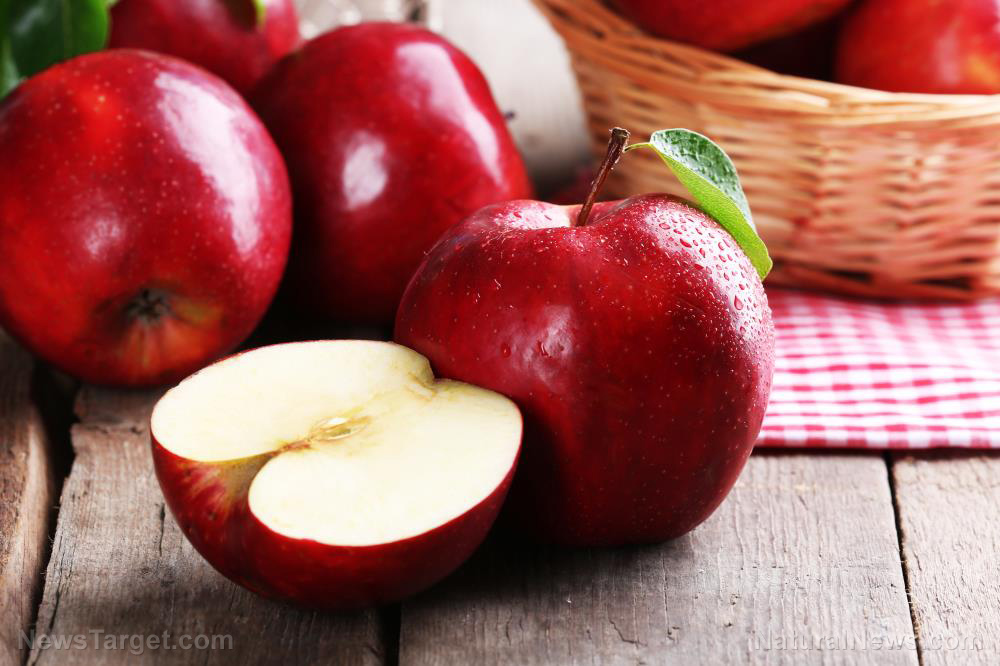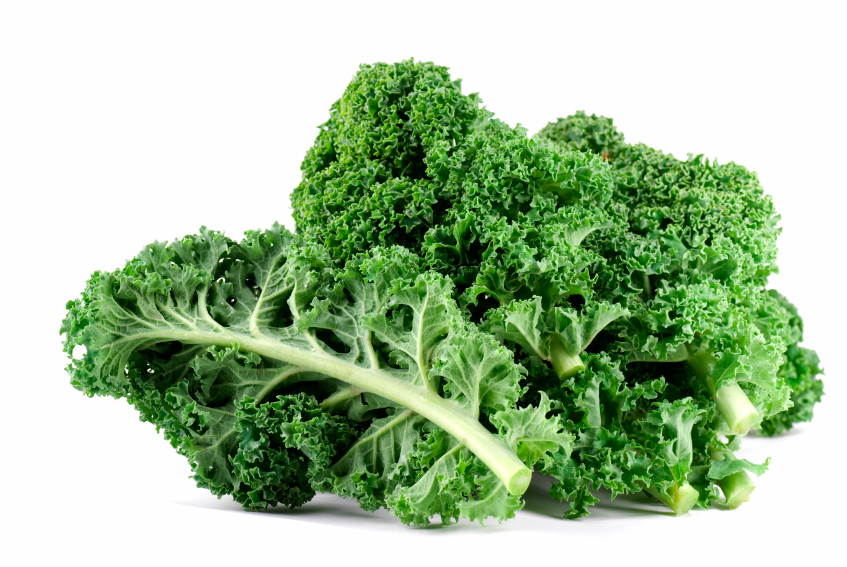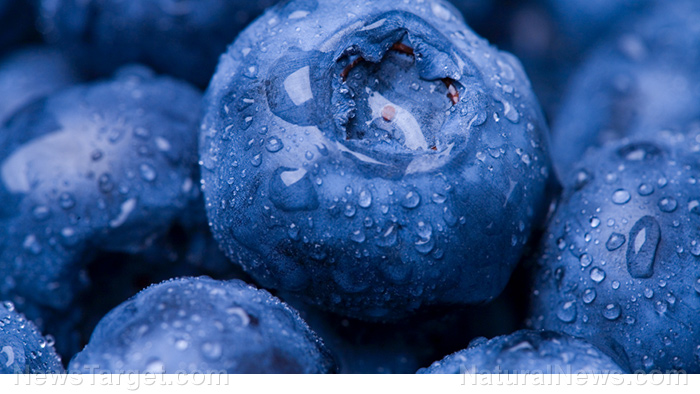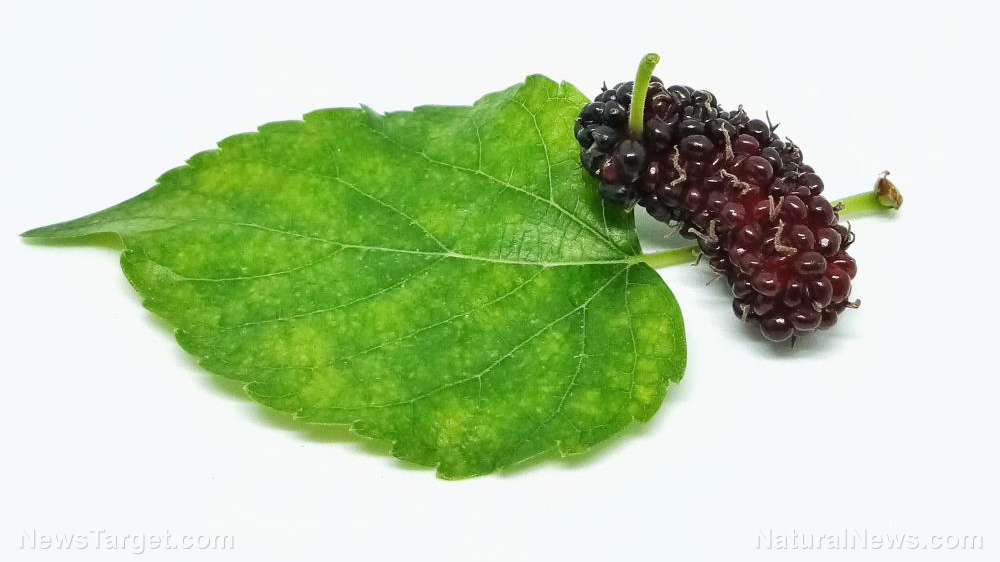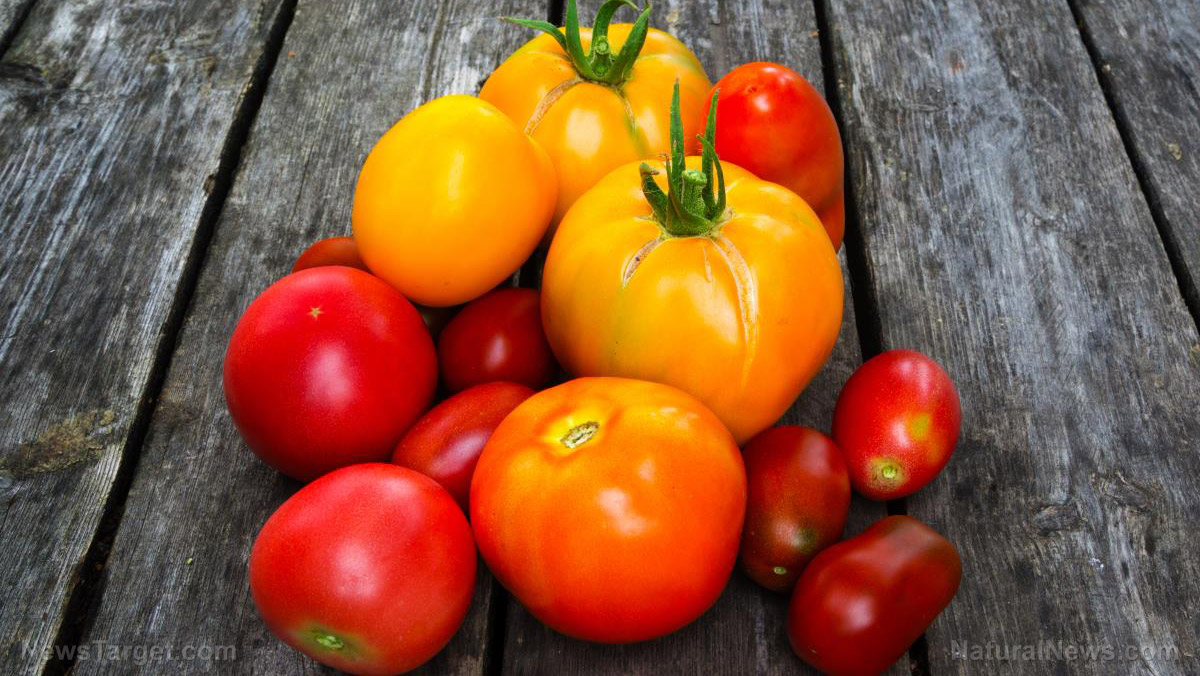Health benefits of Coccinia grandis (L.) include antioxidant, antiglycation and insulinotrophic properties
03/17/2018 / By Frances Bloomfield

A team of researchers from Bharathidasan University Constituent College for Women and Mohamed Sathak College of Arts and Science has found that the mature, unripe fruits of the ivy gourd (Coccinia grandis) have potential as a natural, anti-diabetic treatment and food. They attribute this to the antioxidant, anti-glycation and insulinotropic qualities of the fruit’s flavonoids and phenolic compounds.
- Ivy gourd extract was obtained and put through phytochemical analysis to ascertain the total number of beneficial compounds.
- The researchers uncovered bioactive components like flavonoids, tannins, alkaloids, phenolic compounds, and saponins, among many others, all of which are known to exhibit some form and degree of health-promoting activity.
- A hypoglycemic effect was observed in rats fed ivy gourd pectin; the researchers noted this to be the result of dietary fiber possibly lowering blood glucose levels through the production of short-chain fatty acids.
- The 1,1-diphenyl-2-picrylhydrazyl (DPPH) free radical scavenging model revealed that the scavenging capabilities of ivy gourd were enhanced with increasing concentrations of ivy gourd extract.
- Further testing showed that the anti-glycation effects of ivy gourd were potent to the point that this plant could halt the beginning and progression of glycation, as well as prevent the formation of amyloid type cross beta-structures.
- Moreover, ivy gourd exhibited a great in vitro cytoprotective effect that, according to the results of an MTT assay, was most likely brought about by the antioxidants.
Though only a preliminary study, the researchers concluded that mature, unripe ivy gourd extract could be used as a remedy for diabetes and related complications.
Full text of study at this link.
Journal reference:
Meenatchi P, Purushothaman A, Maneemegalai S. ANTIOXIDANT, ANTIGLYCATION AND INSULINOTROPHIC PROPERTIES OF COCCINIA GRANDIS (L.) IN VITRO: POSSIBLE ROLE IN PREVENTION OF DIABETIC COMPLICATIONS. Journal of Traditional and Complementary Medicine. January 2017;7(1):54–64. DOI: 10.1016/j.jtcme.2016.01.002
Tagged Under: alternative medicine, antioxidants, diabetes, diabetes remedies, food, ivy gourd, natural diabetes remedies, nutrition



